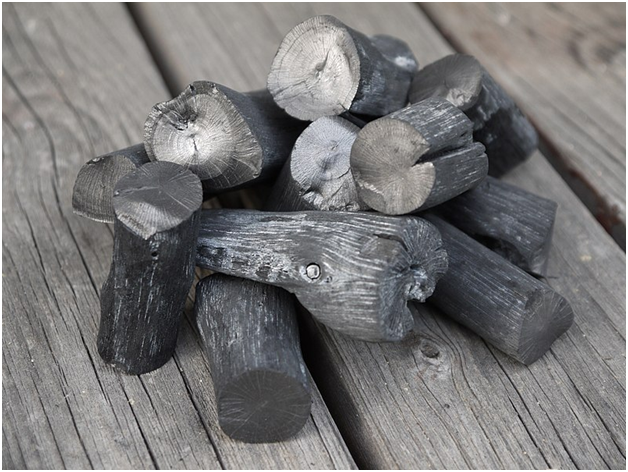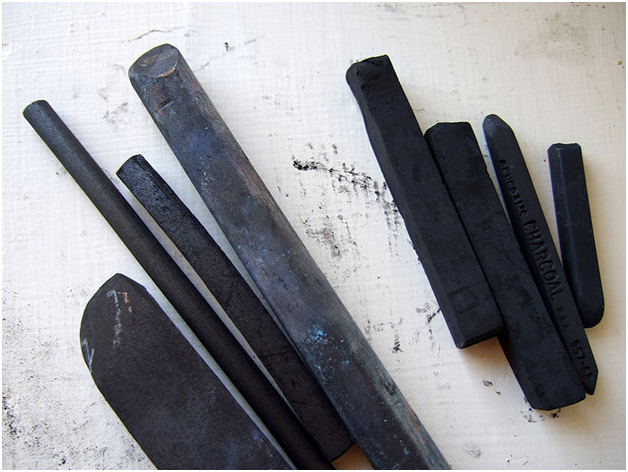Charcoal is produced by heating wood or other substances such as bone, in the absence of oxygen, leaving you with pure carbon. Activated carbon is the latest healthcare craze used in supplements and healthcare products. The carbon is combined with different gases and exposed to very high temperatures. It develops pores which then increase the surface area of the product. This surface area then has the ability to catch chemicals and toxins in the body, giving activated charcoal huge potential in the health and beauty market.

Products
There are many products available with activated charcoal as the main ingredient, including face masks, body cleansers and soaps, creams and gels, capsules and toothpaste.
Medical
Activated charcoal is regularly used in hospitals and in emergency situations dealing with poisons which have been ingested. The World Health Organization has included it on the list of essential medicines which means it will be found in ambulances, pharmacies and medical establishments.

Toothpaste
One of the most common forms found in our pharmacies is charcoal toothpaste. Because of its porous surface, it is effective in removing stains from our teeth and removes any bacteria which may cause bad breath. It should therefore only be used as a supplement to normal toothpaste which gives us the fluoride needed to fight tooth decay. Specialists, such as a cosmetic dentist in Cardiff https://www.cathedraldentalclinic.com/, will advise against using charcoal toothpaste as a tooth whitener, it is only useful for removing stains and if used regularly will also remove your enamel, so be careful!
Supplements
Activated charcoal is used in supplements to help detoxify your body. By taking it orally, it absorbs harmful nutrients and toxins from the intestines. Some medical experts believe that by using activated charcoal, the harmful toxins will not get into your bloodstream thus reducing your cholesterol level.
Tests
Scientific studies and the benefits of activated charcoal have been ongoing since the 1800s and these studies cover numerous applications. Water treatment plants are testing its use for the removal of organic micropollutants from wastewater or drinking water. If activated charcoal has the ability to remove taste and odours from our drinking water, there are no doubt other potential cleansing applications.
As studies and research are ongoing, always contact a medical professional before trying any new treatments; err on the side of caution.



